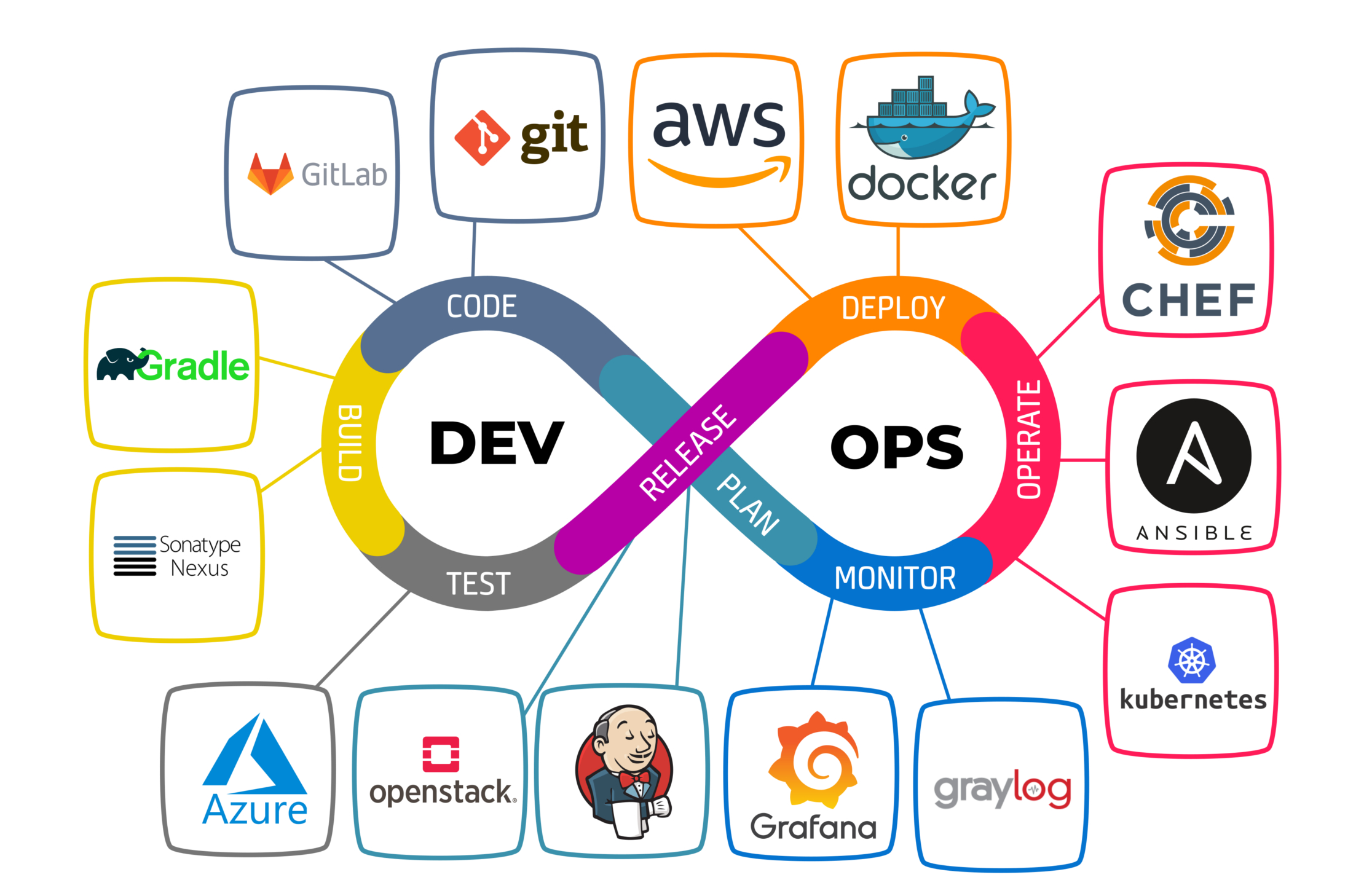DevOps Roadmap: Automating and Scaling Infrastructure for Effective Development
Table of contents
Introduction:
In today's rapidly evolving software development landscape, DevOps has emerged as a crucial approach to streamline and accelerate the software delivery lifecycle. By combining collaboration, automation, and infrastructure scaling, DevOps enables organizations to achieve faster, more reliable, and more efficient software development processes. In this blog, we will embark on a DevOps journey, starting with the basics and exploring its significance in modern software development.

What is DevOps?
DevOps is a cultural and operational framework that fosters collaboration between software development (Dev) and IT operations (Ops) teams. It aims to break down the silos between these teams, promoting seamless communication, integration, and collaboration throughout the software development lifecycle.

The DevOps Roadmap:
To embark on a successful DevOps journey, consider the following key components:
a. Automation: Automation plays a vital role in DevOps. By automating repetitive tasks such as code deployment, testing, and infrastructure provisioning, organizations can save time, reduce errors, and improve overall efficiency.
b. Scaling Infrastructure: With the increasing demand for scalable and resilient applications, infrastructure scalability becomes crucial. DevOps emphasizes using scalable infrastructure-as-code approaches, such as cloud platforms and containerization, to meet the dynamic needs of modern applications.
c. Continuous Integration and Continuous Deployment (CI/CD): CI/CD practices enable developers to integrate code changes frequently and deploy them to production environments in an automated and reliable manner. This ensures faster time to market and helps maintain high-quality software.
d. Monitoring and Feedback Loops: Monitoring the deployed applications and infrastructure is essential to identify issues, gather feedback, and continuously improve. DevOps promotes the use of monitoring tools and feedback loops to detect and address performance bottlenecks, security vulnerabilities, and user experience issues.
Why DevOps is Important:
DevOps brings several benefits to organizations:
a. Faster Time to Market: By automating processes, streamlining collaboration, and enabling continuous delivery, DevOps helps organizations release software faster and respond quickly to market demands.
b. Improved Quality: Through continuous integration, automated testing, and feedback loops, DevOps ensures better code quality, reducing the risk of bugs and enhancing overall reliability.
c. Enhanced Collaboration: DevOps fosters a culture of collaboration and shared responsibility. It breaks down silos between teams, encourages cross-functional collaboration, and promotes knowledge sharing, leading to improved communication and productivity.
d. Efficient Resource Utilization: Scaling infrastructure dynamically based on application demand optimizes resource utilization, leading to cost savings and improved efficiency.
Conclusion:
DevOps is a powerful approach that empowers organizations to achieve agility, speed, and efficiency in software development. By embracing automation, scaling the infrastructure, and following a roadmap that includes continuous integration, monitoring, and feedback loops, organizations can unlock the full potential of DevOps and drive successful software delivery.
Hope you like my blog...!
if u like the content follow me on LinkedIn: https://www.linkedin.com/in/ashok-sana
Follow my Whatsapp & telegram community: https://chat.whatsapp.com/BzX1aruZIH645l29LxvgO3
Happy learning......!